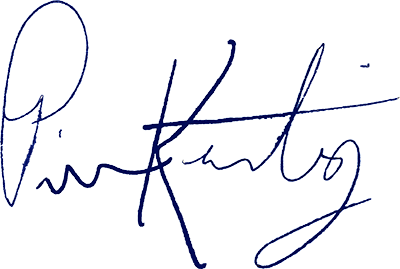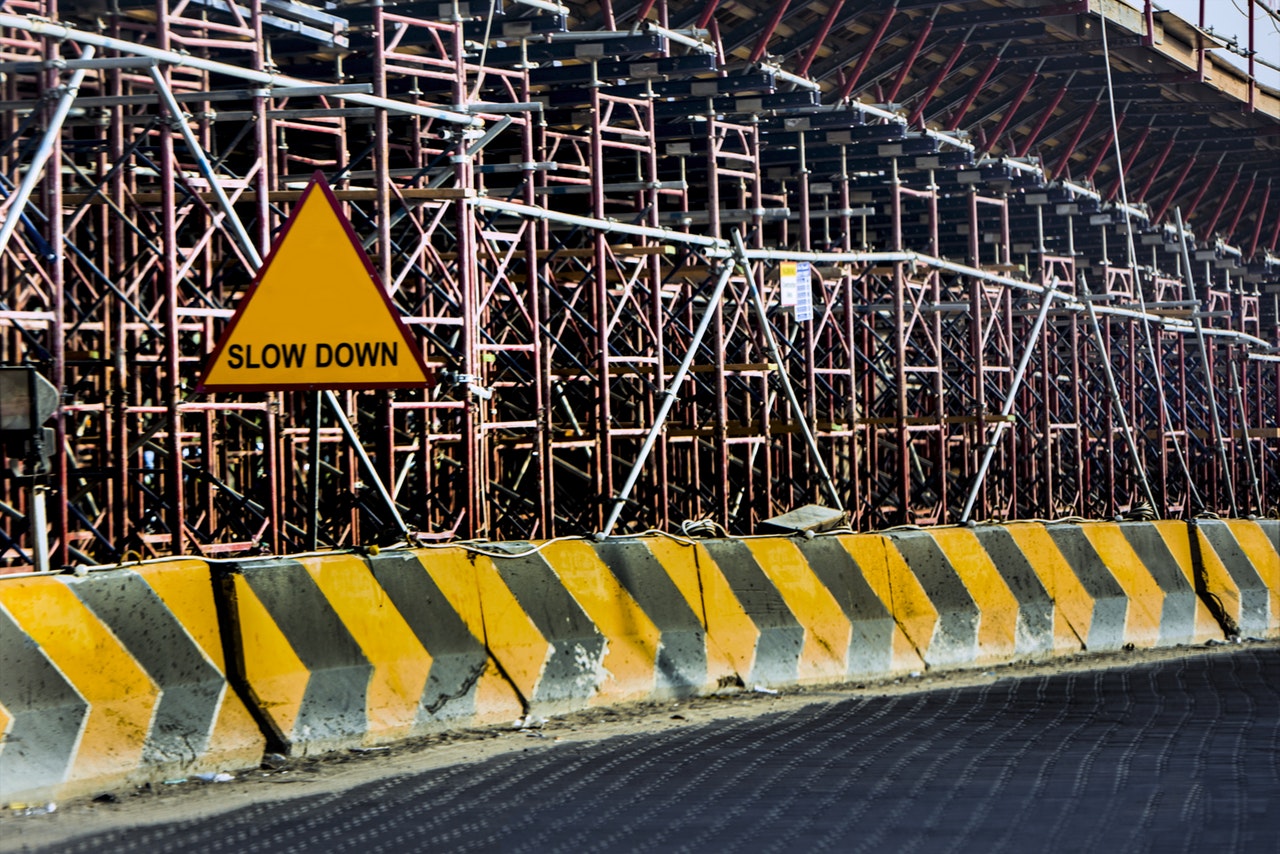Apparently there is a principle in Oriental philosophy according to which life goes in a cycle. (I’ll try to decipher where exactly this comes from so that I can properly cite it – it may be Confucianism.) I won’t pretend to totally understand this concept, but it has something to do with the Ups and Downs of Life. Emotional highs and lows, physical successes and failures, psychological break throughs and hang-ups. They’re all encompassed in the Cycle.
The German version of this, as I learned in Advanced Jazz Theory back when I was doing my undergrad at the University of Louisville, is called the Zeitgeist. My dictionary defines Zeitgeist as “the defining spirit or mood of a particular period of history as shown by the ideas and beliefs at the time.” I understood the idea more broadly as a study of the progression of an Art form, or of anything really, from human behaviors to the engineering of food, in a cyclical context.
My teacher was using the Zeitgeist concept to explain the trends in American jazz music. In jazz, he was explaining, you had traditional blues-based forms, which evolved into bepop in the 40’s and 50’s, which in turned evolved into fusion and more experimental, free-form jazz in the 60’s and 70’s, finally giving way back to a more conventional, “post bop” sound in the 80’s, and so on. The cycle in jazz, then, is “simple, complex, simple, complex.”
This cycle of alternating back and forth between two extremes can be seen as a universal principle. In my own case, I’ve experienced my own version of the Zeitgeist in my creative life. Usually the current takes me through periods of intense drive and passion, where I am super “productive”, followed by equally intense periods of demotivation and feeling completely uninspired.
I like the “Zeitgeist”, or Cycle, idea, because it’s a compassionate take on these alternating periods. Maybe it’s perfectly natural to feel uninspired, just as it is to feel gung-ho and ready to take on the world. For every point, there is an opposite point, so every mood or condition simply falls into the Cycle.
The friend who brought this idea back to my attention explained that the periods of de-motivation are just as important as the periods of motivation, because they indicate where our attentions should go during that period. Our attentions might be better suited, for example, away from the area of focus, so that the creative mind can refresh itself and prepare to receive more advanced information. The person in the frustrating period of “demotivation,” then, is actually there because he or she is not happy with the level of knowledge, aptitude, or awareness, she is currently experiencing. On some level, she wants to attain a higher level of awareness, and so her repulsion from the thing she is usually attracted to is allowing her to shift her focus to other areas, other interests, which may help her original area of focus when she comes out of the “demotivation” period and starts to return again to the “drive and passion” period.
Of course, she will return to the “drive and passion” period with renewed vigor, and stay there for a while, achieving her new level of Awareness. But again, this period will end, and she will hit another plateau, only this time it will be slightly higher, and the Cycle continues.
These scenarios may be over-generalizations, but I think they can be useful when thinking about our own creative Cycles. You, reading this, may be experiencing a “high-vibration” period of going full throttle, or you may be somewhere in the low-vibration period, where the Process has become drudgery. I believe that these low-vibration periods are the most telling, because they, aside from being naturally very difficult to deal with, reveal the kinds of Artists and people we truly are. They provide a chance to either embrace the grind and continue even though we just don’t want to, or to shift our focus for a while and explore other avenues until we feel that it’s time to come back to the first thing, about which we may find we have a fresh attitude.
What you do in these periods shapes you as an Artist and a Person, and it also speaks to your inner nature. I don’t believe there is a “wrong” or “right” way to go about it – as long as something is being done. Who’s to say whether the solution is to go deeper or to remove yourself altogether – especially when nothing is permanent?


WOW….understood.